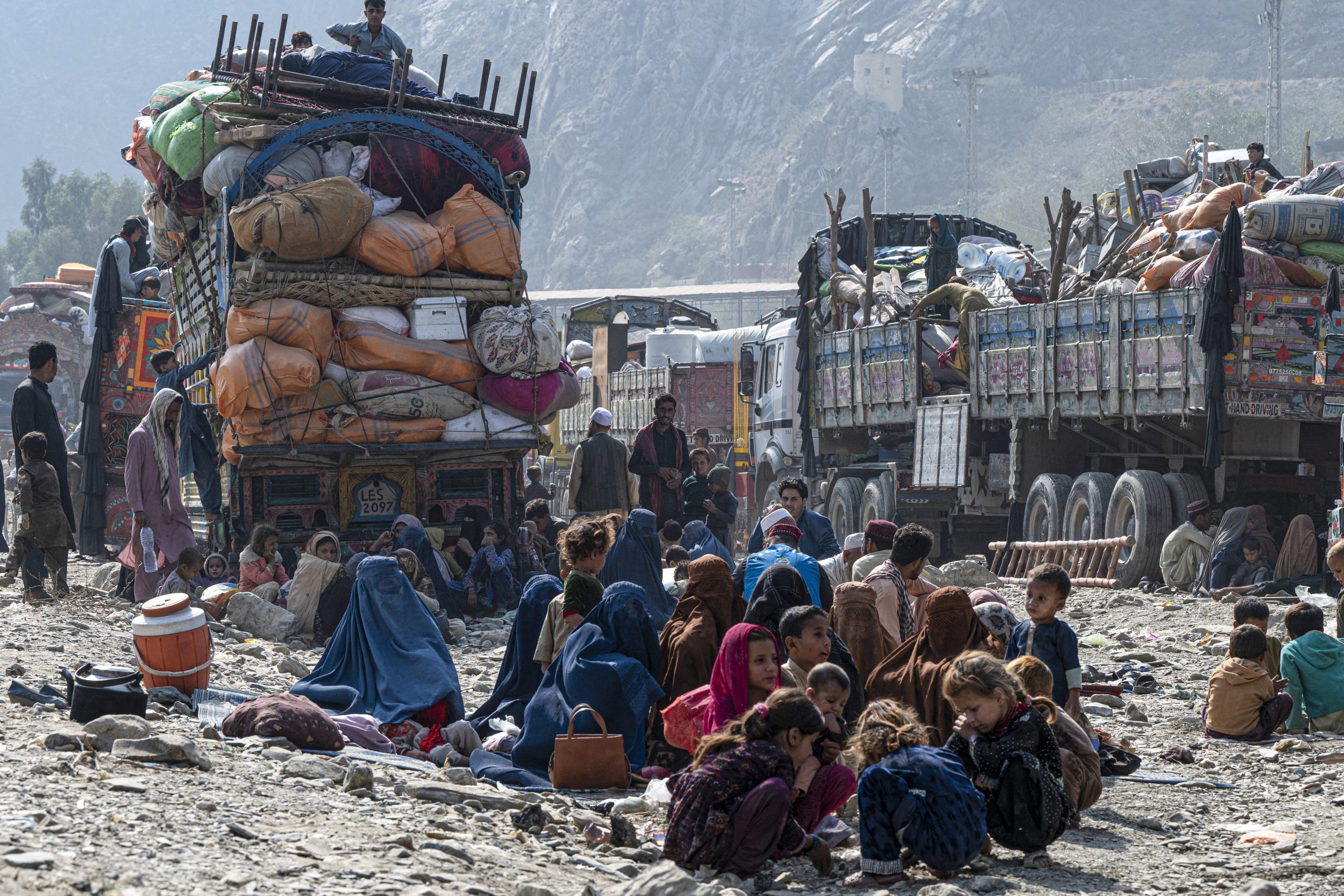According to international media reports, Pakistan will initiate the second phase of the contentious expulsion of undocumented Afghan migrants.
Al Jazeera reported on Sunday, July 1st, that over 800,000 individuals in Pakistan face potential deportation.
In the initial phase last November, approximately 541,000 Afghan migrants were forced to leave Pakistan, with some facing threats of detention and expulsion if they did not depart voluntarily.
Al Jazeera emphasized that the expulsion order follows a significant increase in armed attacks across Pakistan, which the Pakistani government has consistently attributed to groups and residents based in Afghanistan, although the Taliban deny involvement.
Filippo Grandi, the UN High Commissioner for Refugees (UNHCR) in Islamabad, stated that Pakistan should look into the circumstances of undocumented Afghans before expelling them, as many “require international protection.”
According to the UN official, “They are refugees. They are not involved in terrorist activities; they just have fled and need protection. If Afghan nationals are involved in terrorist activities, they should be dealt with separately.”
Meanwhile, speaking to Al Jazeera, one Afghan refugee appealed to the international community and the Pakistani government to give them more time “to leave in a dignified manner.”
The migrant claimed that their homes are attacked at night, forcing them to leave the country in “very dire conditions.”
According to reports, Pakistan has not signed the 1951 UN Convention on the Rights of Refugees and lacks domestic laws and procedures for determining the status of individuals seeking international protection within its borders.
Meanwhile, international reactions continue to unfold regarding the expulsion of Afghan migrants from Iran and Pakistan, with recent reports from the Ministry of Migrants and Repatriation of Afghanistan indicating nearly 2,000 Afghan migrants have been expelled.

